BuzzFeed News spoke with 18 people who were a part of the caravan heading to the United States. Here are their reasons for leaving home and undertaking the long and dangerous journey north through Mexico. Many plan to claim asylum at the border. Their identities have been partially concealed while their asylum cases are reviewed.
Lily, El Salvador, 33
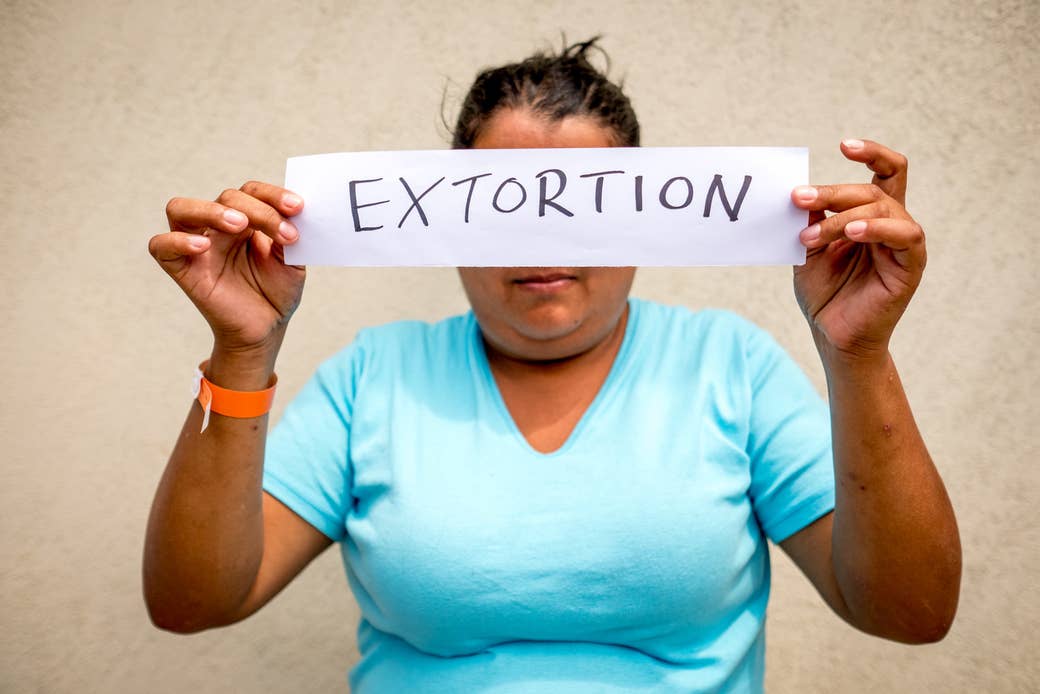
"I lived in a red zone, so every two weeks I had to pay MS-13 $100. I didn't have that kind of money, but if I didn't pay them I knew what would happen. I just want to live in peace somewhere. To pay someone just to be allowed to keep living — there's no point. Life has no price. I didn't even tell my family I was leaving because there wasn't enough time when I left."
Luisa, 44, Nicaragua
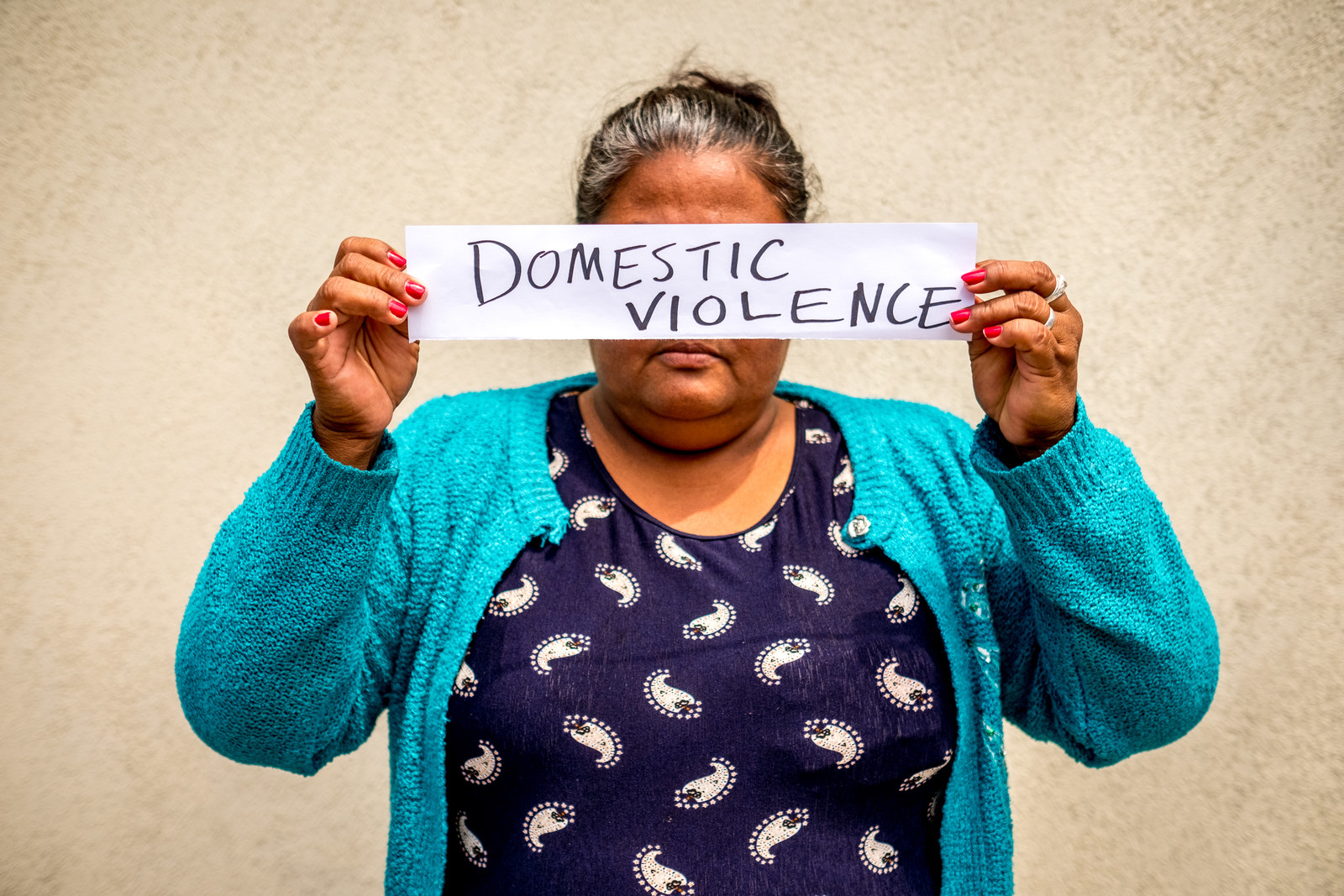
"I filed a police report against my husband because he would hit me. His brother is one of the gang bosses in my neighborhood. One day I was walking and some of the men from the gang drove by in a motorcycle and kicked me. I fell on a rock and hurt my leg. They told me to take back the allegation. Since I didn't take it back, I decided to leave before it got worse. If I didn't take it back, he was going to kill me. He would also hit my daughter when she would try to stop him from hitting me, and I didn't want her to have that life. That's why we're hoping the United States will give us asylum."
Kevin, 18, Honduras
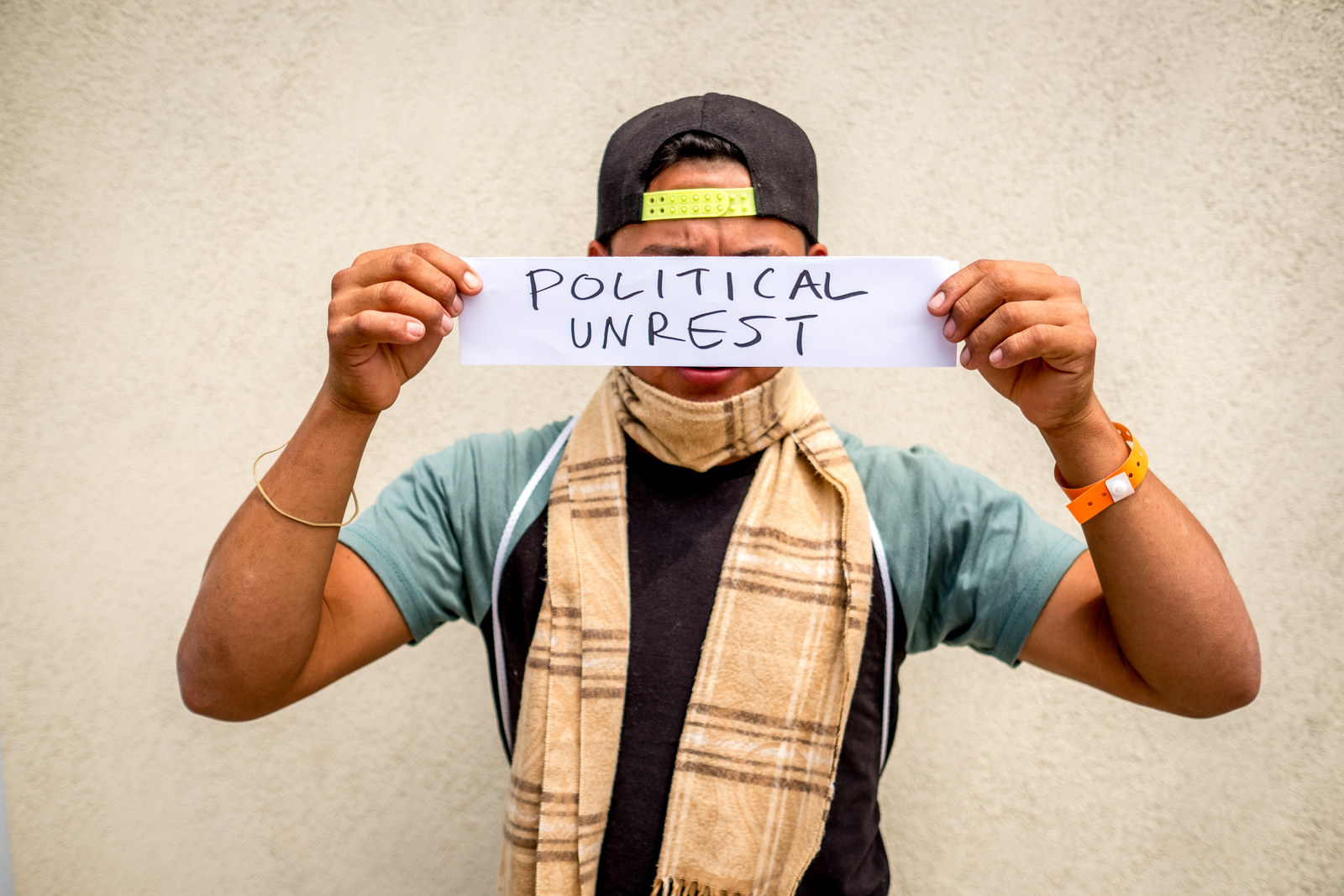
"After the elections, the president [Honduran President Juan Orlando Hernández] sent the military to the streets and there was a lot of job losses because of the violence. It was already hard to get a job, that made it worse. I decided to come alone and try to make it to the US so I can make a better life for myself."
Luis, 26, Honduras
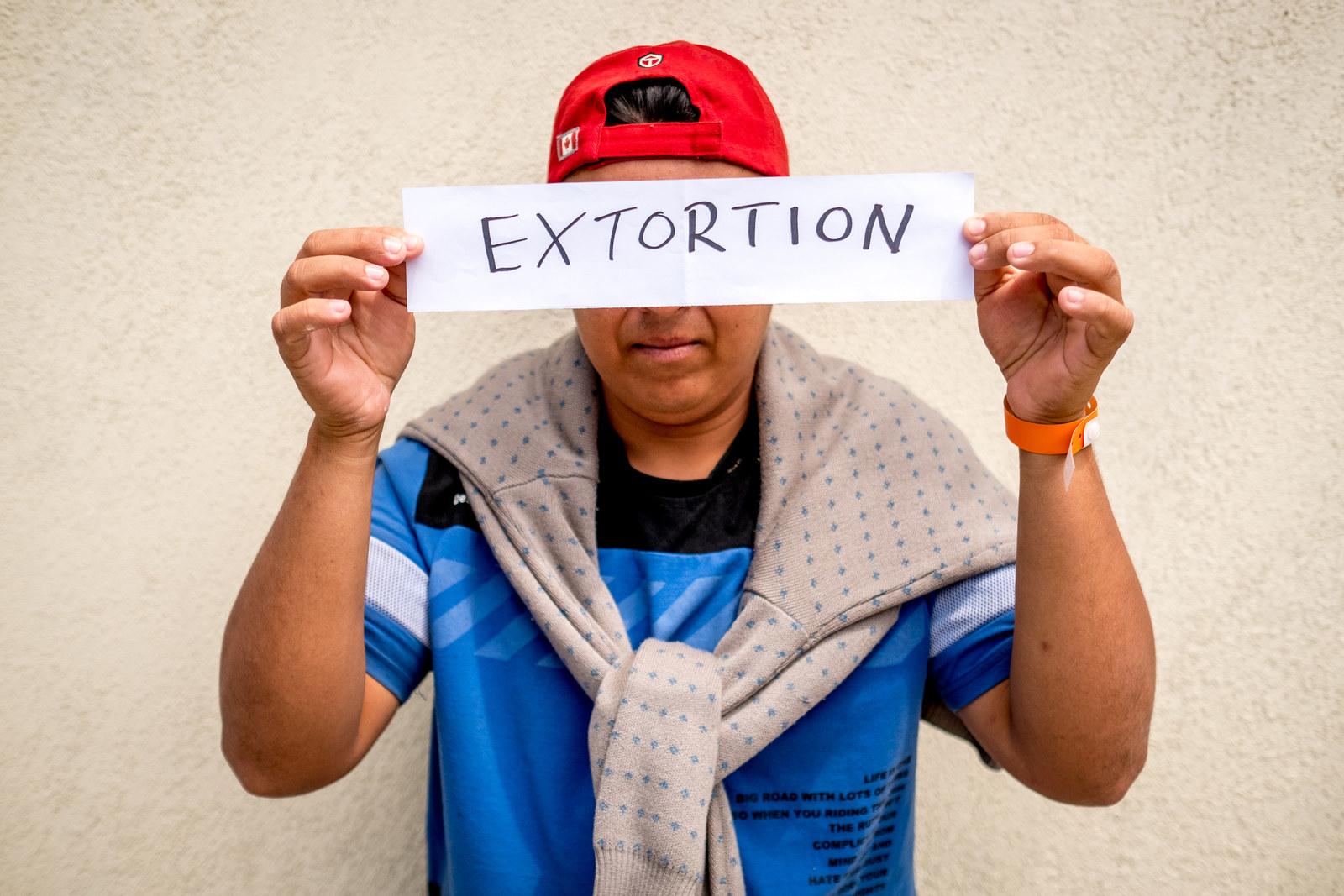
"I left my country because of extortion, insecurity, low unemployment, and a president no one likes. I worked at an upholstery business. I made furniture. Everything happened so fast. [Juan Orlando Hernández] was reelected to the presidency and then the gangs started taxing people in the colonia I'm from — 1,000 lempiras every 15 days. How is anyone going to survive paying that? It was already difficult before. You can't survive."
Claudia, 18, El Salvador
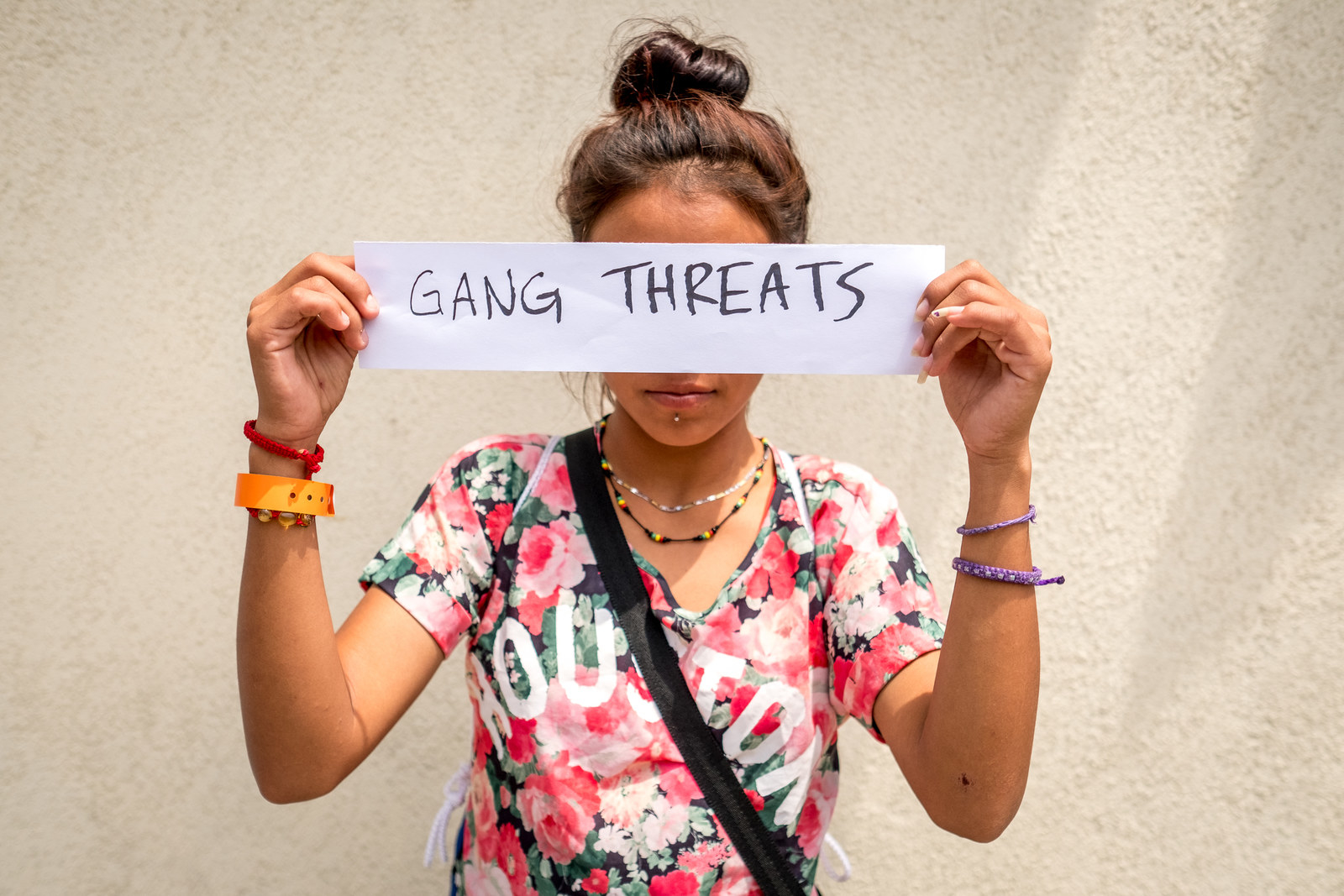
"I was threatened by gangs after refusing to sell drugs for them. They threatened my stepdad and then they killed him. I left on Aug. 8 by myself."
Cindy, 28, Honduras
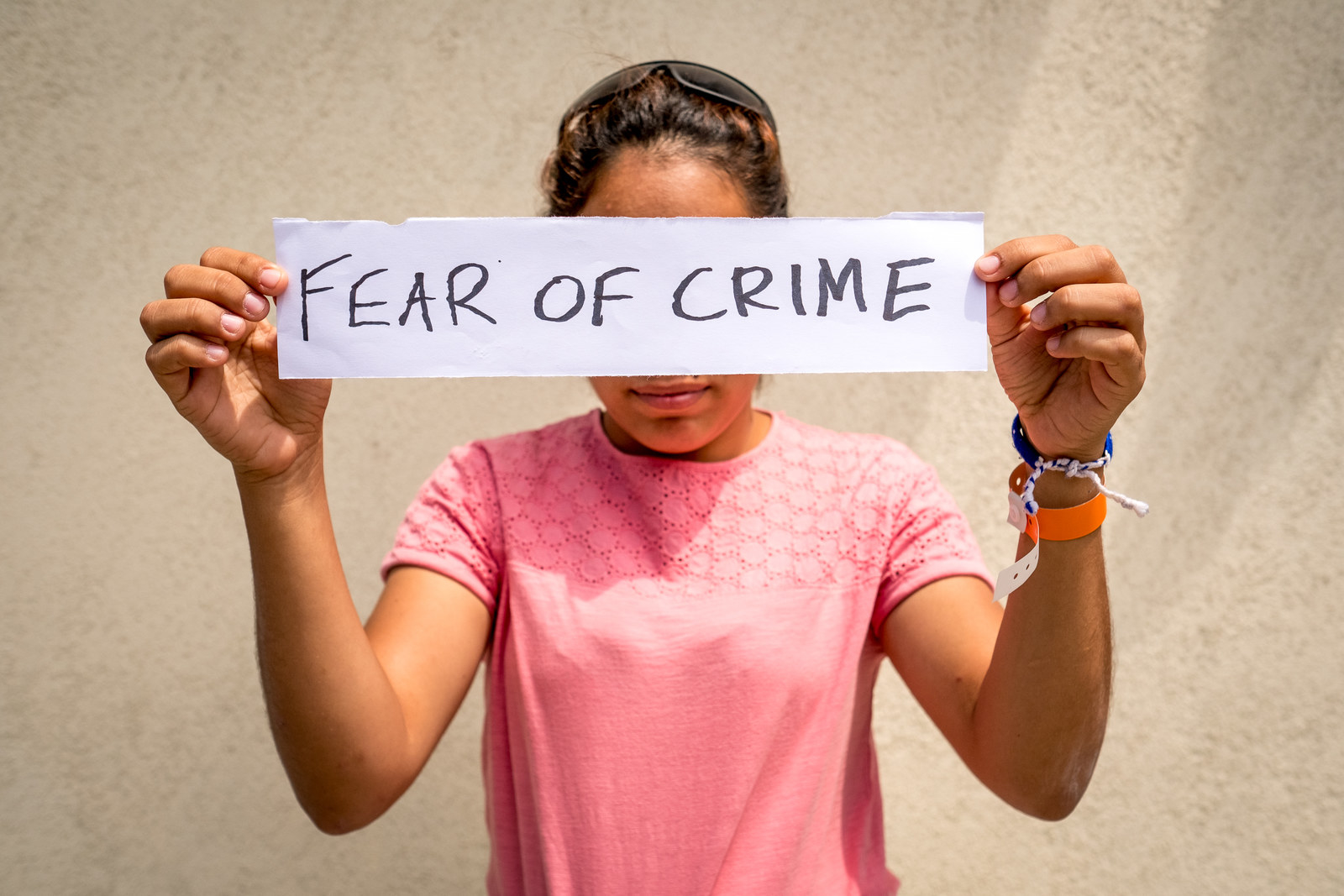
"A few days before leaving Honduras the gang told me that if my kid wanted to play outside I had to pay them. That's when I decided, No, that's not how my kids are going to live."
Mari, 39, Honduras
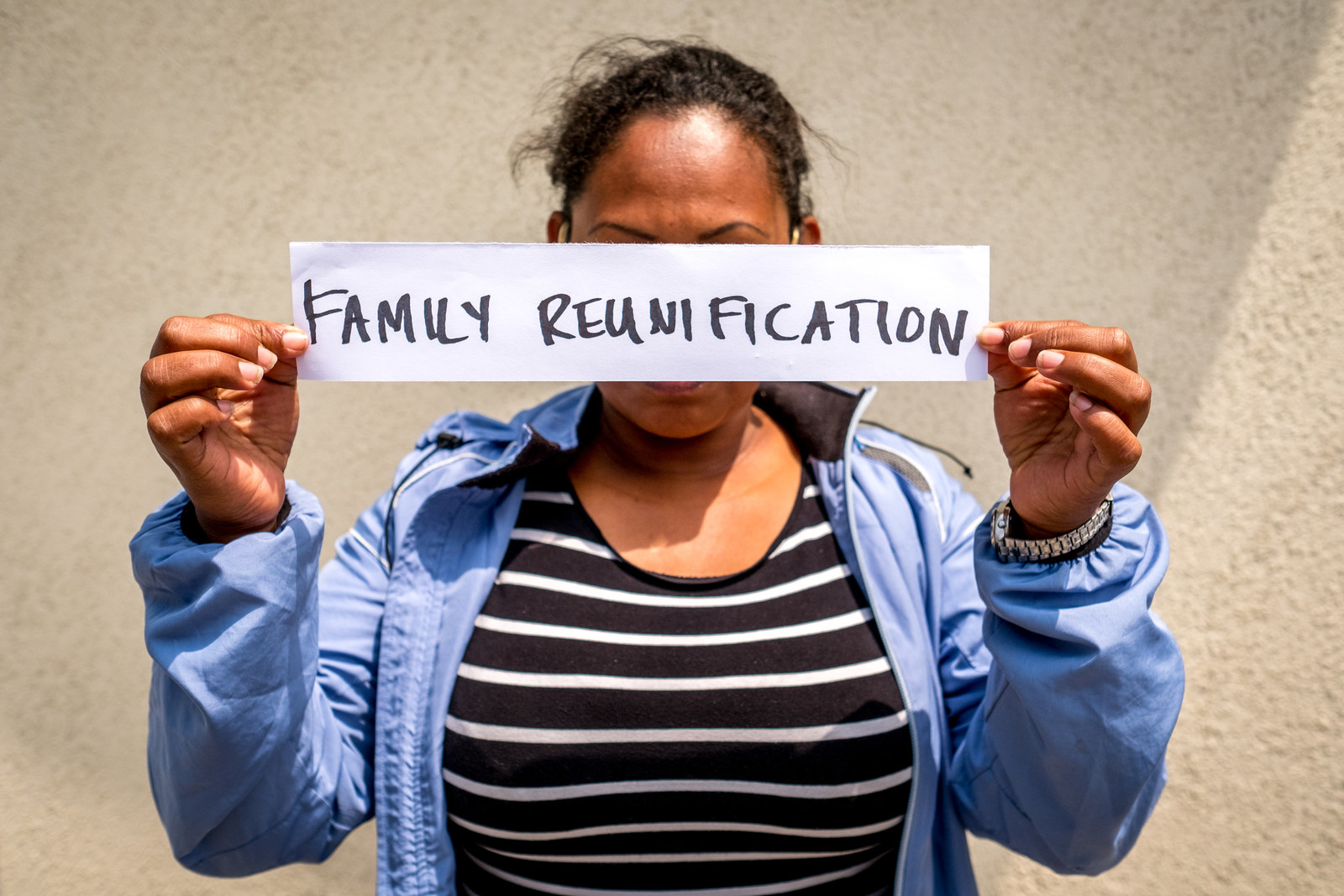
"I have an 8-year-old daughter. I couldn't have her grow up in Honduras, so she went to the United States with her dad. Honduras is not a country that any parent would want their kid growing up in. It's going to be three years since my daughter left with her dad... I miss her a lot, of course."
Noel, 17, Honduras
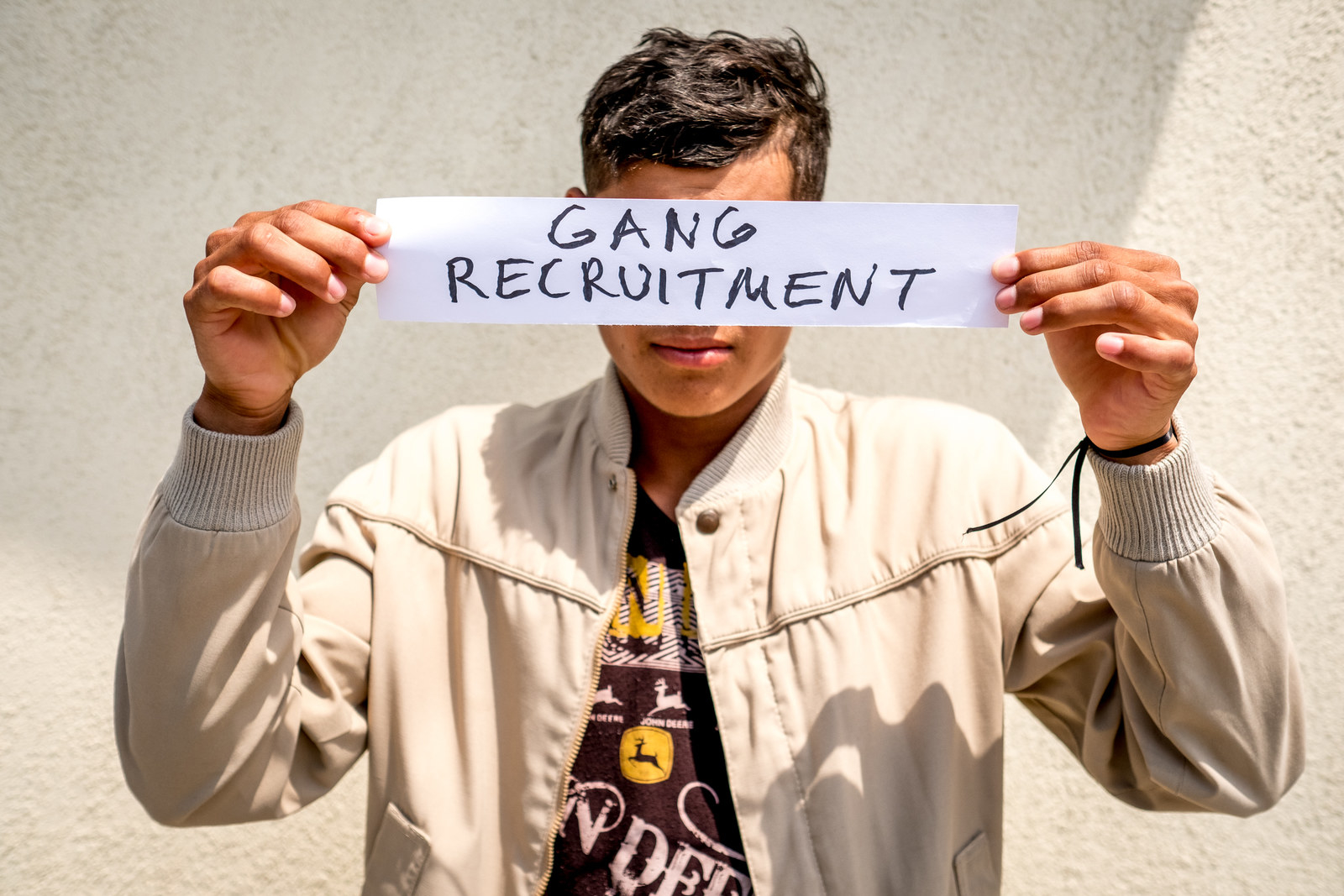
"There's a lot of Mara in my neighborhood. They wanted me to do things for them, like rob. If we didn't do what they said they would hurt my family, so I thought they would be better off if I left them."
Maria, 46, Honduras
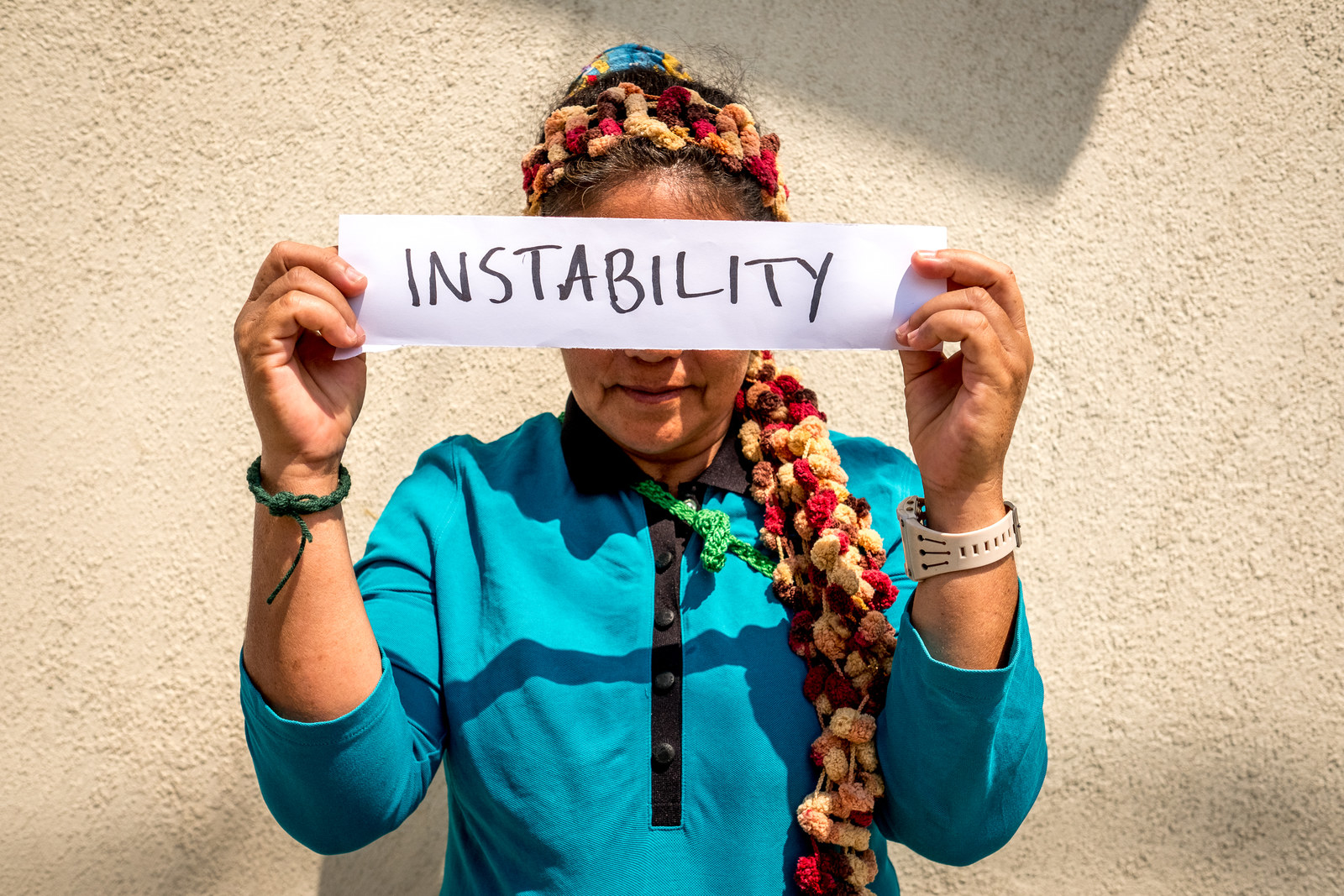
"I left my three kids in Honduras six months ago and it's hard being away from them. We've never been separated before but we have to do it because of the situation we face. We had to sell the bike we came with for 900 pesos. The bike helped us a lot because we could sell donuts with it."
Kenya, 34, Honduras
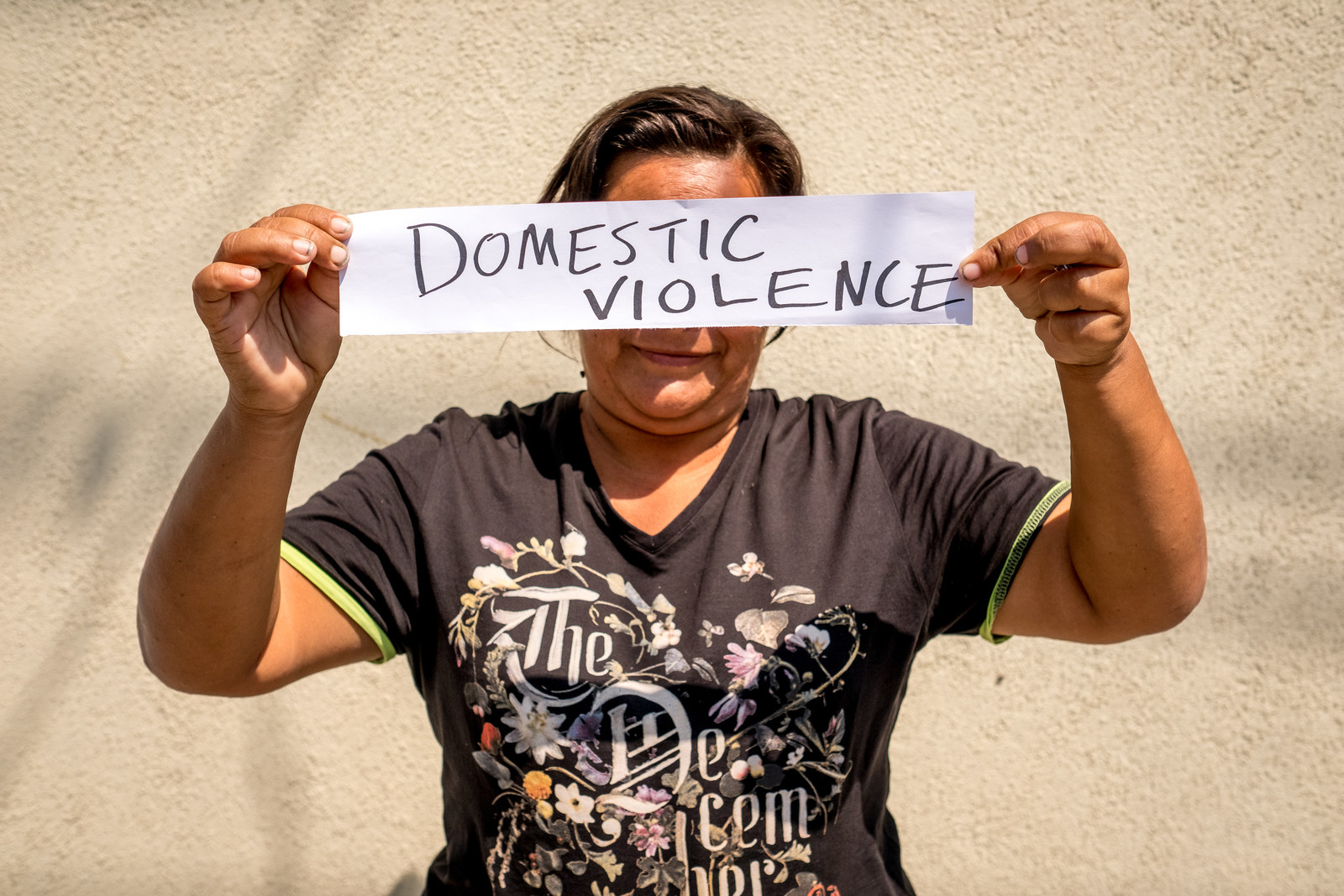
"My husband threatened to kill me for reporting him for failing to pay child support four years ago. His cousin, who is in a gang, told me to take it back or they would kill me. I tried and the police wouldn't let me. He didn't present himself to the court like he was supposed to. I wanted to protect my own life and also my kids so I left and went to Tapachula. While I was in Tapachula and I was waiting for a humanitarian visa, I heard he had been arrested but then released on bail. Now he's really going to kill me. He told me before that he'd kill me and keep the kids. This is all because I went to the police. I'm scared because my husband knows how to travel through Mexico. He was a [smuggler]. He keeps sending me messages, so in a way, it's like I'm still in Honduras."
Roxsana, 33, Honduras
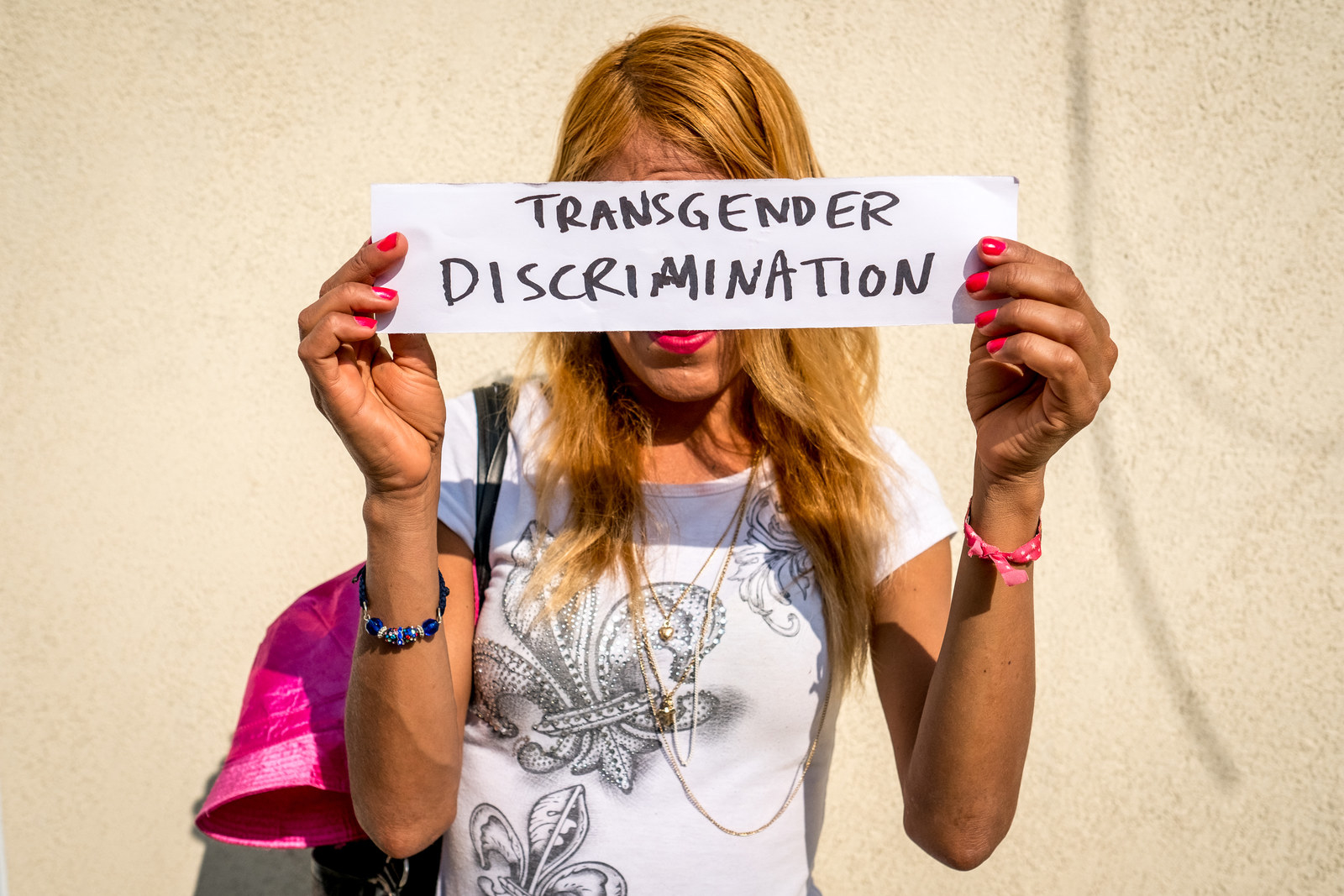
"I didn't want to come to Mexico; I wanted to stay in Honduras but I couldn't. I was gang-raped by MS-13 one night. Four months ago, I was walking home and a group of them started screaming at me, 'We don't want you in this neighborhood, you fucking faggot.' Four of them raped me and as a result I got HIV. Trans people in my neighborhood are killed and chopped into pieces, then dumped inside potato bags. Sometimes, they even chop off their penises. There's a lot of discrimination. They kept threatening me. I couldn't live there, so I got money and left for Guatemala. I have family in the United States but they don't accept me. They kill trans people in Honduras. I'm scared of that. They don't like us in Honduras."
Joel, 28, Honduras
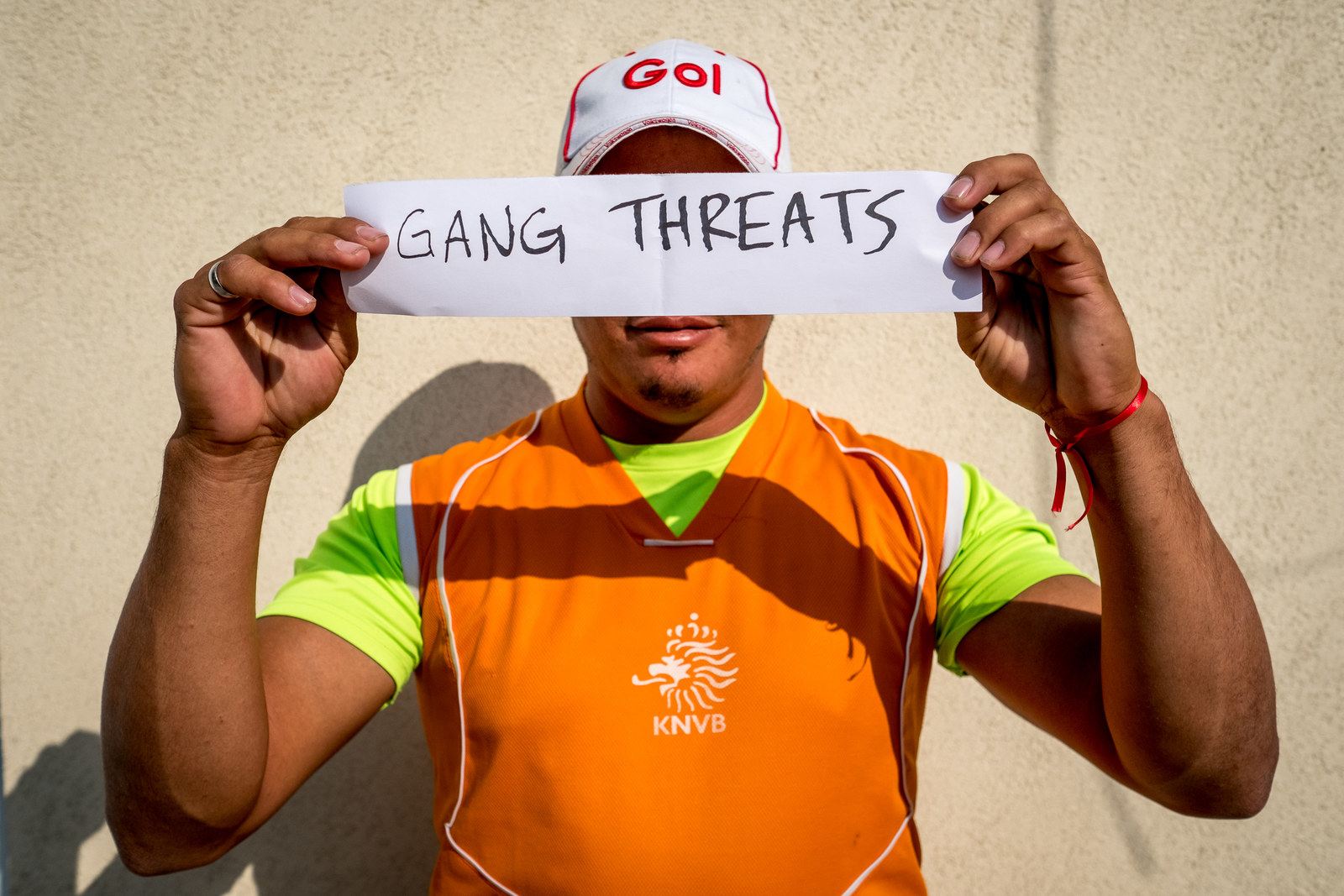
"I opened up a shoe store. The gangs let us get established for three months before we got a note saying we had to pay a tax. A 'war tax,' they called it, and it was 20% of our sales. It was too much. I couldn't pay that. If you can't pay with money, you have to pay with your life or family. I negotiated a lower tax but the profits were nothing, and I couldn't keep my business going. My family decided to abandon the business in January 2017. Then we got a threatening note saying that we still had to pay the tax for two more years. The threats continued to get worse, more personal. I left and now I'm hoping to get to Houston to work construction with my brother."
José, 18, Honduras
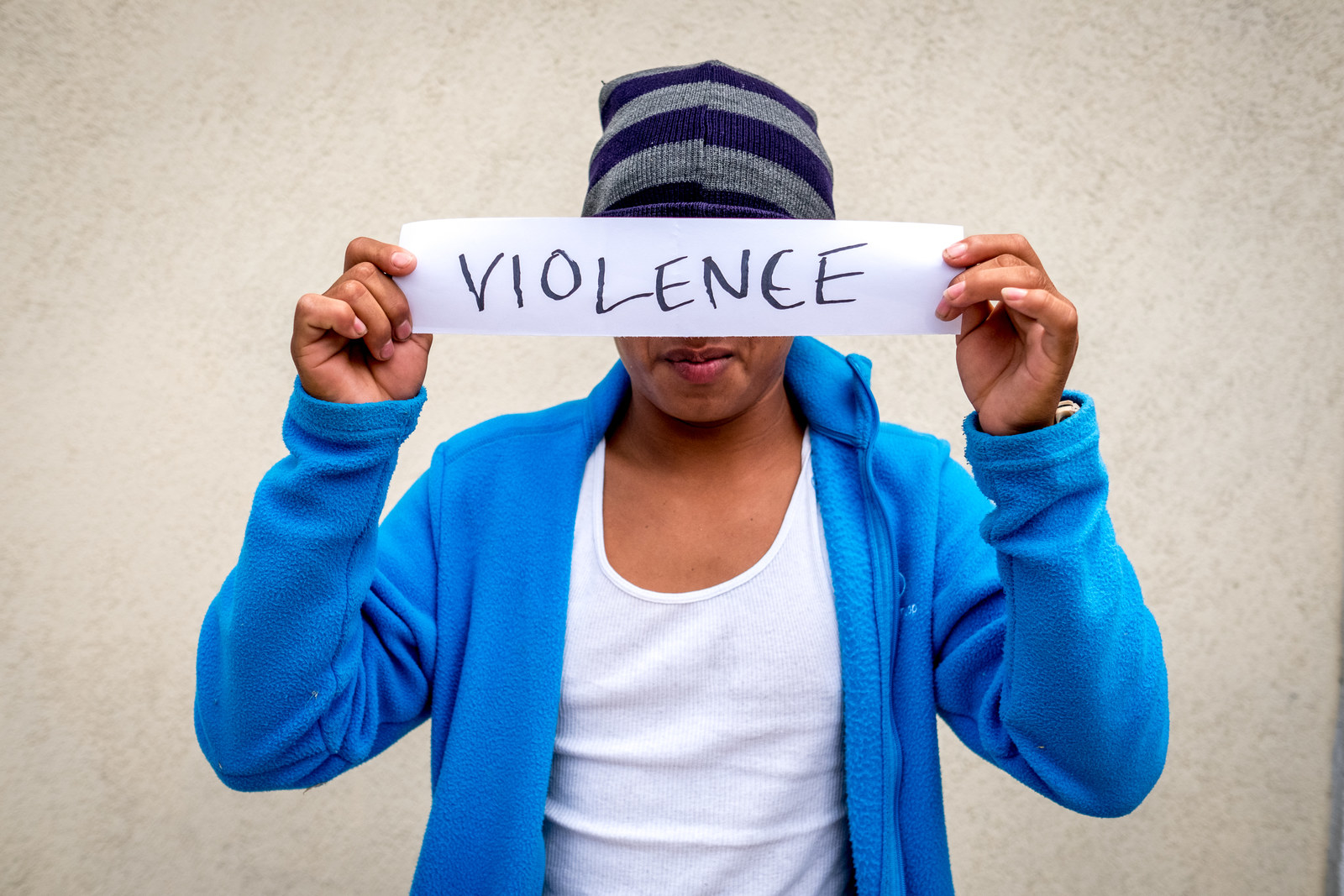
"I came because of a lack of employment but also violence. I lived with my brothers because my parents are dead. I sold pills like ibuprofen, vitamins, and other pain medicine. I would buy them in bulk and sell them around the neighborhood from my backpack. My brothers would demand more and more money from me, and when I didn't give them what they wanted they would hit me. My dream is to get to the United States and work. I think there are more opportunities there."
Carolina, 16, Honduras
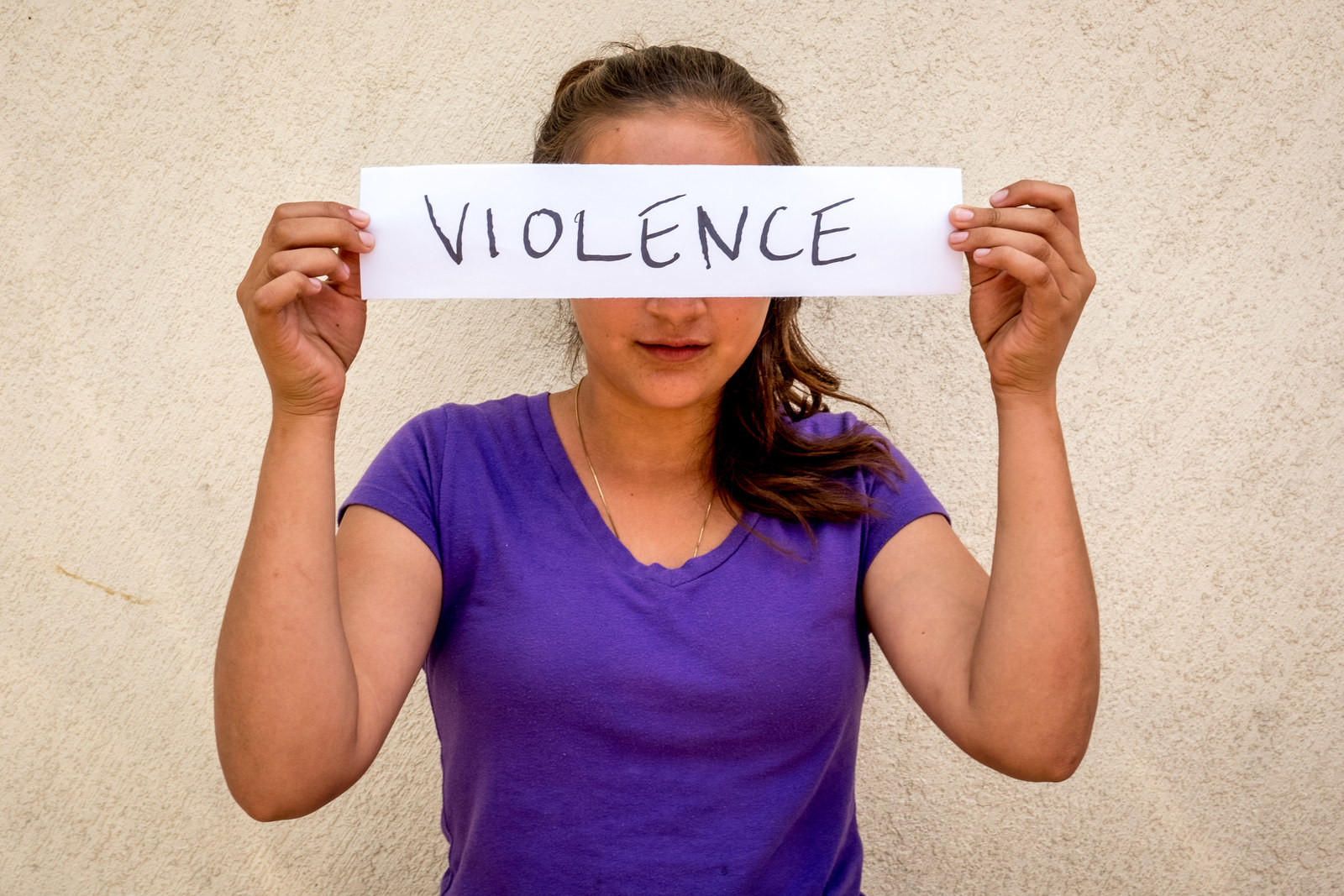
"I left because of violence. My family had problems with my dad hitting my mom. She left him for another man, and my dad got worse. We left Honduras and came to Mexico. Here, my mom thought she found us permits to work in Mexico that cost 15,000 lempiras each but immigration arrested us in Arriaga [in Chiapas]. They said the permits weren't real. We went to Tapachula and asked for asylum there. We were waiting when we heard about the caravan and decided to try to make it to the US."
Nelda, 15, Honduras
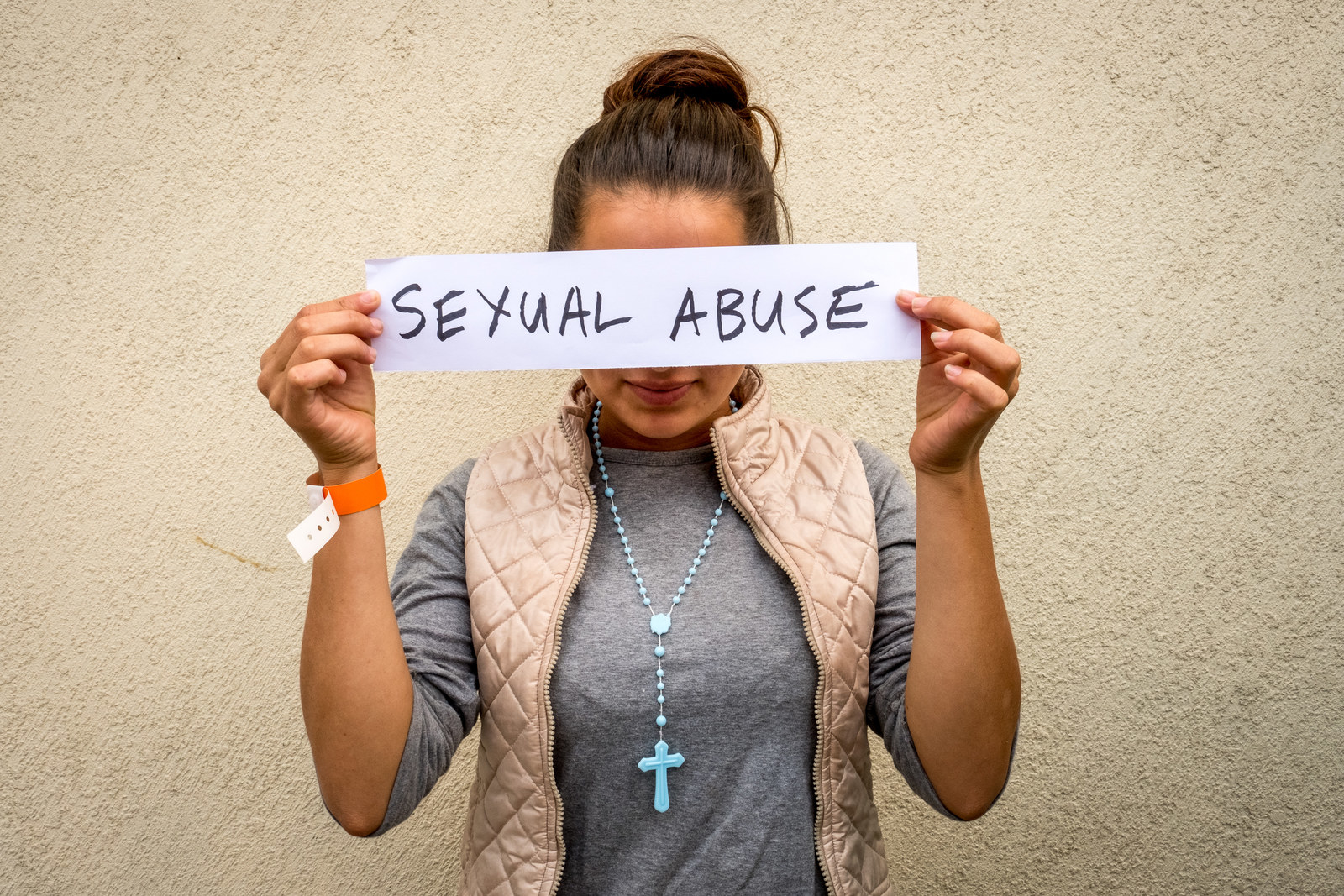
"My uncle sexually abused me for 10 years. I still can't sleep because of all the trauma. When I finally told my mom two years ago she filed a report with the police. He threatened to kill me and my family if we didn't take it back. He has gang ties because he sells drugs for them. I left with my mom and 13-year-old sister. My plan is to get to the US, enroll in college, and make some opportunities for myself."
Yuri, 13, Honduras
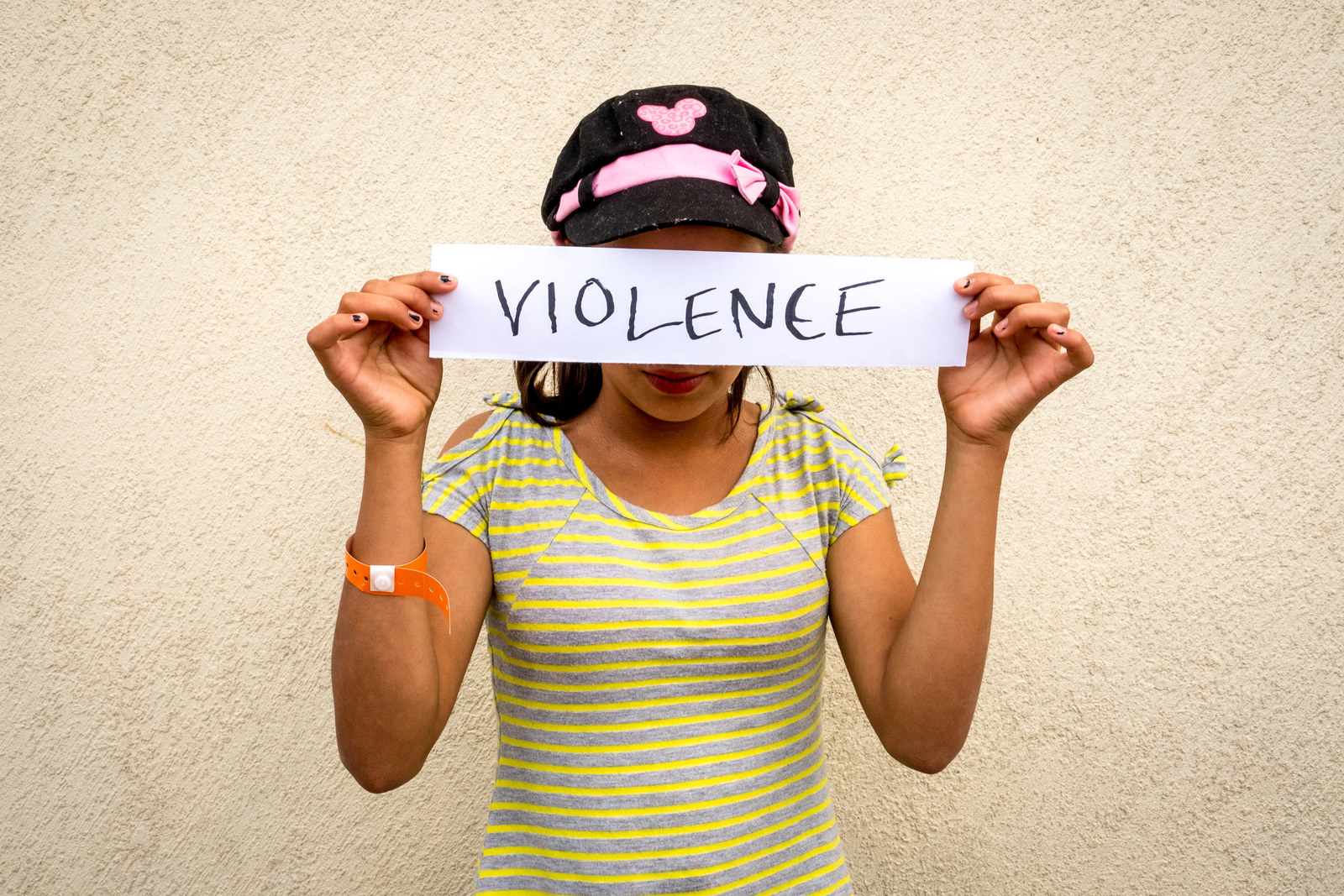
"We came because an uncle took advantage of my sister, and he said the same thing he did to her he would do to me. I want to study and once I'm done with school, help my family. I'd like to work in a bank. I also like to play soccer. I usually play goalie or defense."
Edwin, 32, Honduras
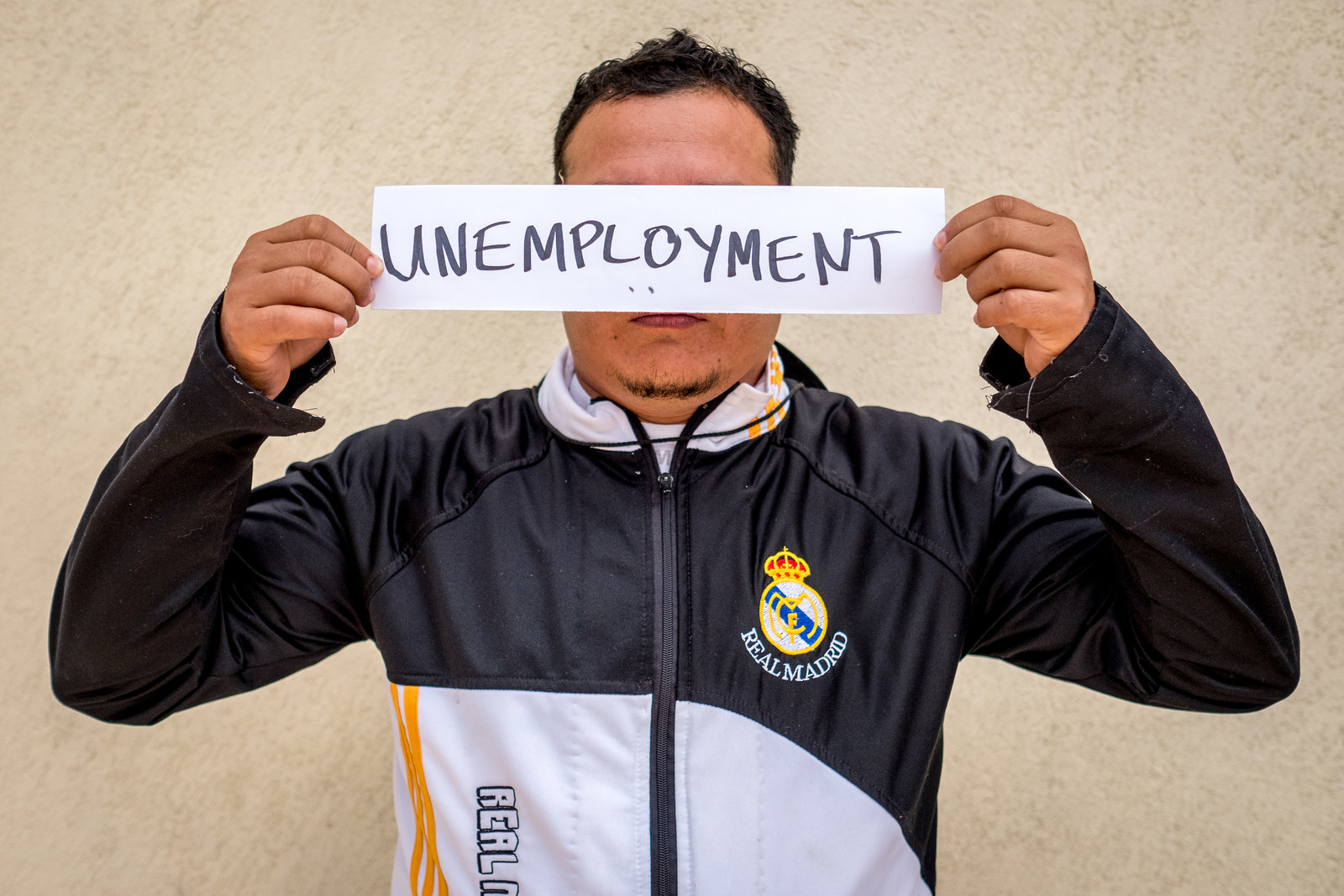
"In Honduras, I was a truck driver. You need to get different licenses if you want to move up but the government puts so many barriers. At one point, someone told me I had to pay them 10,000 lempiras for the license I wanted. That's extortion. If I wanted to legally drive a truck I couldn't afford it. I decided I'd try to make something of myself in the United States. I have family in Texas and North Carolina. One day I hope to buy my own truck to drive and help support my three kids as well as my elderly dad."
Rafael, 65, Honduras
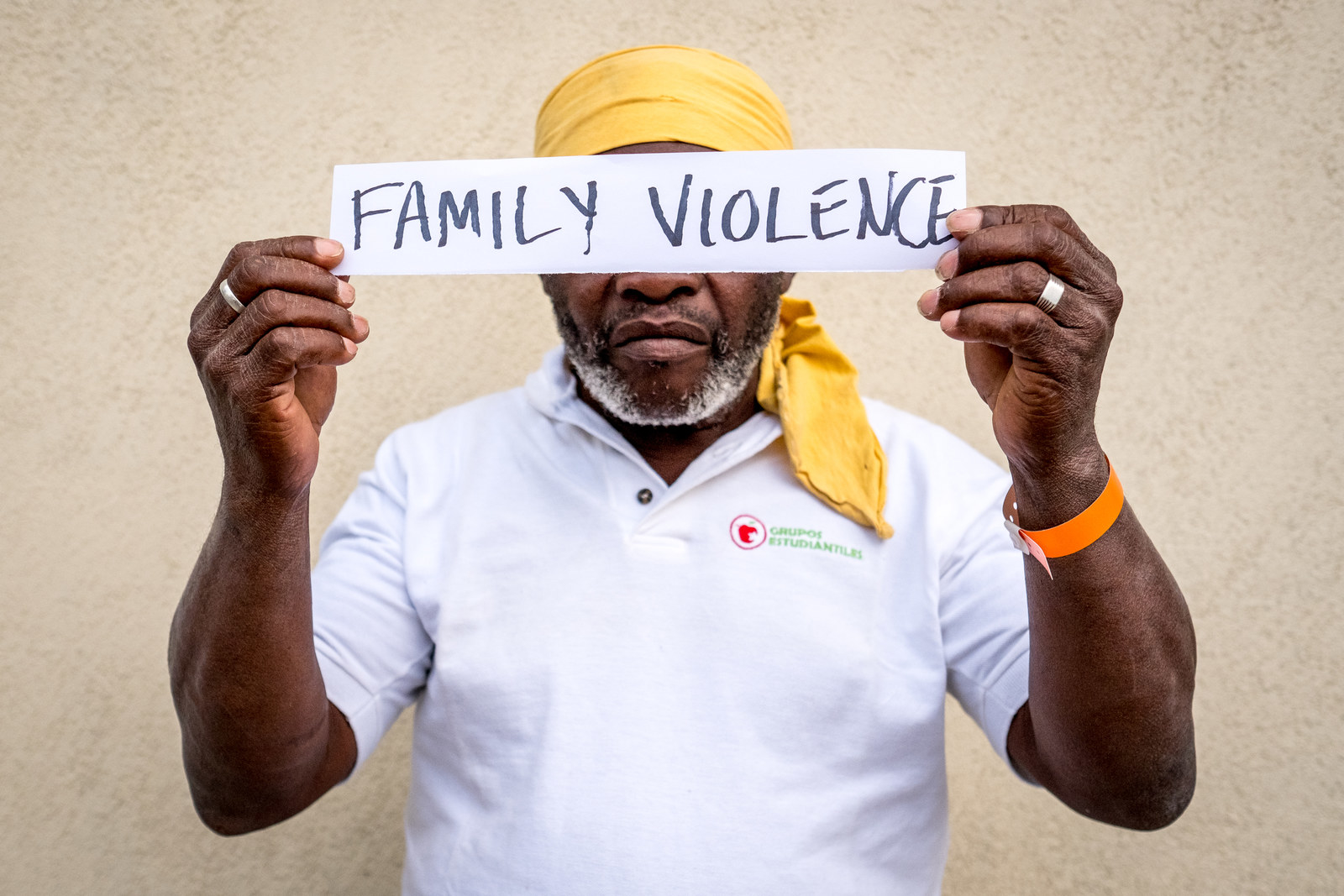
"I left Honduras because I was discriminated against because of my race. I also left because of poverty. There are no opportunities in Honduras. Every door is closed in your face."

